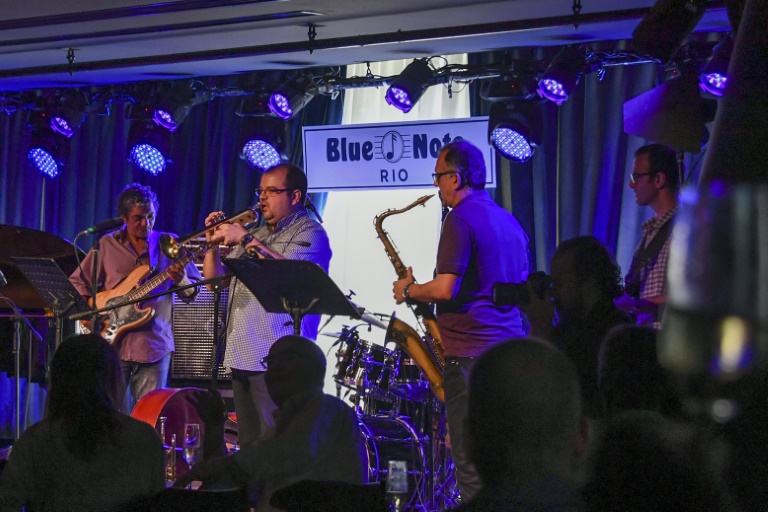Daily Lotto results: Friday, 13 December 2024
“Jazz is part of the soul of many Brazilian artists, it’s a great inspiration and it’s on the rise here, so the arrival of Blue Note in Rio couldn’t come at a better time,” said Luiz Calainho, CEO of the Brazilian company partnering with the US chain of clubs.
Blue Note already has expanded from its Greenwich Village home to branches in Beijing, Milan, Tokyo and Nagoya in Japan, Waikiki in Hawaii and Napa in California. The Rio club is the first in the southern hemisphere.
To set up in Rio when last year’s Olympic city is suffering double digit unemployment and a rise in violent crime might seem highly optimistic, but Brazil’s second biggest city has long been a musical heartland with close relations to jazz.
Brazil’s once all conquering bossa nova was developed in the 1950s through marrying samba and jazz, while samba and jazz are both art forms rooted in their respective country’s black populations.
Bossa nova is now largely a thing of the past, says music critic Bernardo Araujo.
“There is no demand for bossa nova. It was a phenomenon of its time, but not anymore. It’s like progressive rock — it ended up half-antiquated,” he said.
But Calainho says the Blue Note in Rio will bridge that gap, promising: “We’ll also have bossa nova here.”
For some Rio music lovers, the prestigious Blue Note may be less attractive than increasingly popular jazz jamming sessions in far less formal settings.

The Brazil Jazz Stars band performs
“It looks like samba and carnival but it’s instrumental,” said drummer Guga Pellicciotti at a Wednesday night jazz session at Bar do Nanam in Rio, where the crowd and musicians spill out into the alleyway.
“We’ve adapted to the Carioca street culture. It’s street jazz — a marvel!”
Download our app and read this and other great stories on the move. Available for Android and iOS.